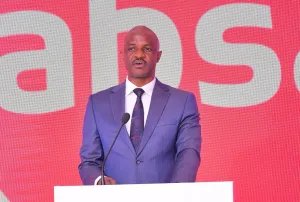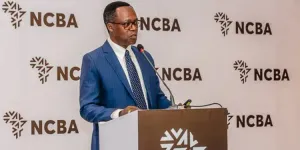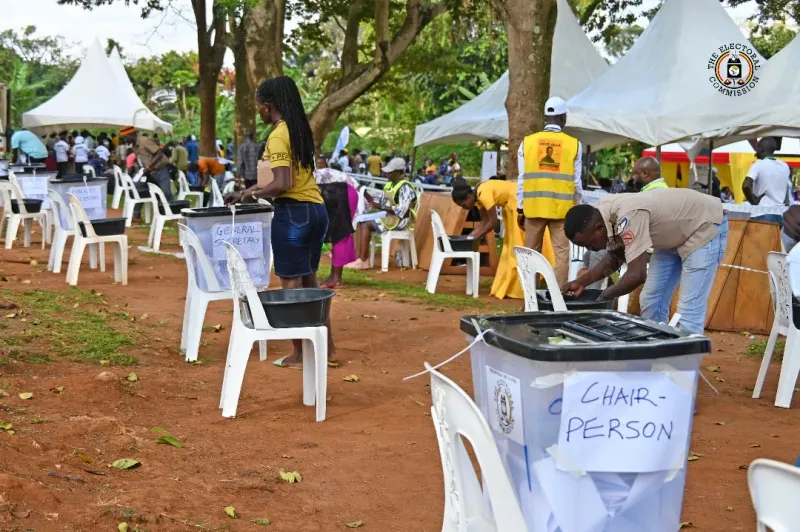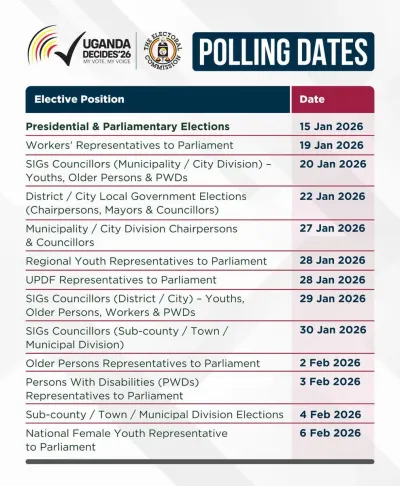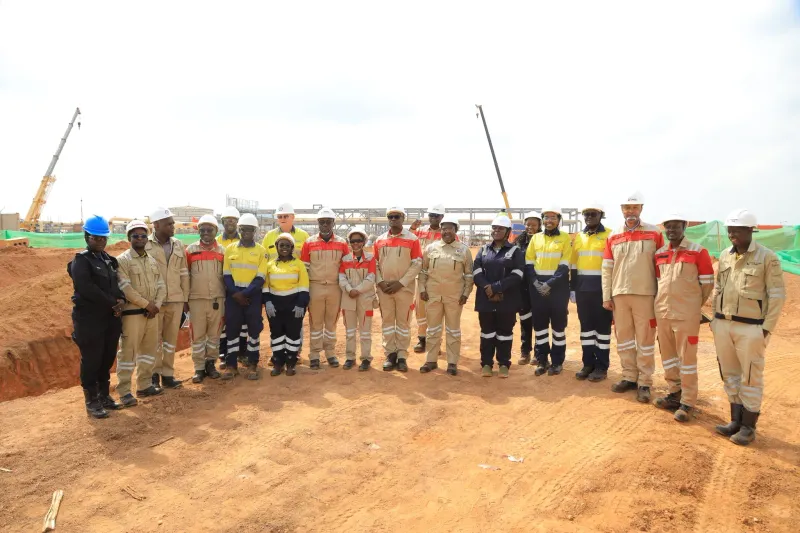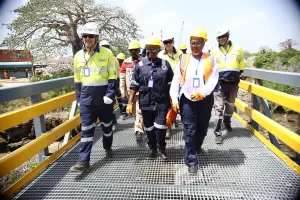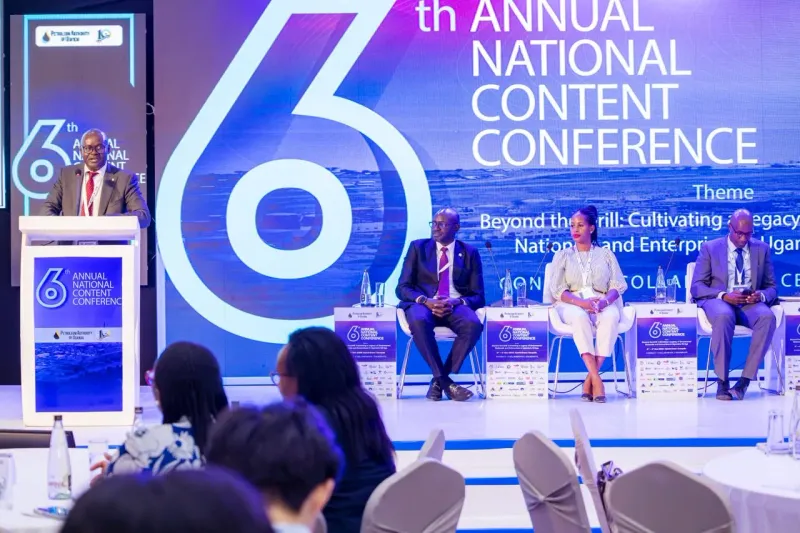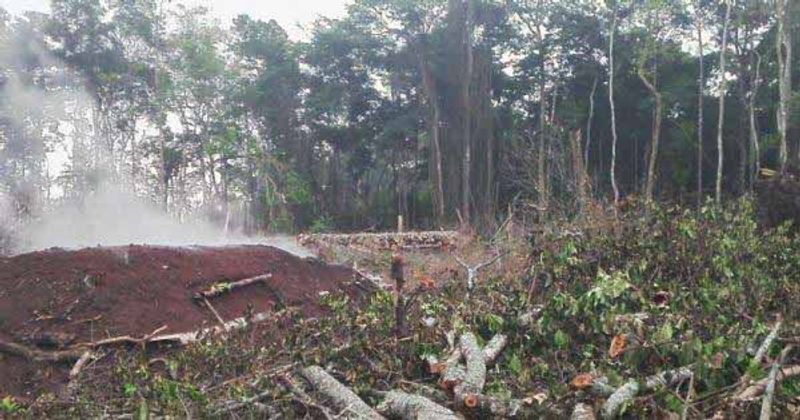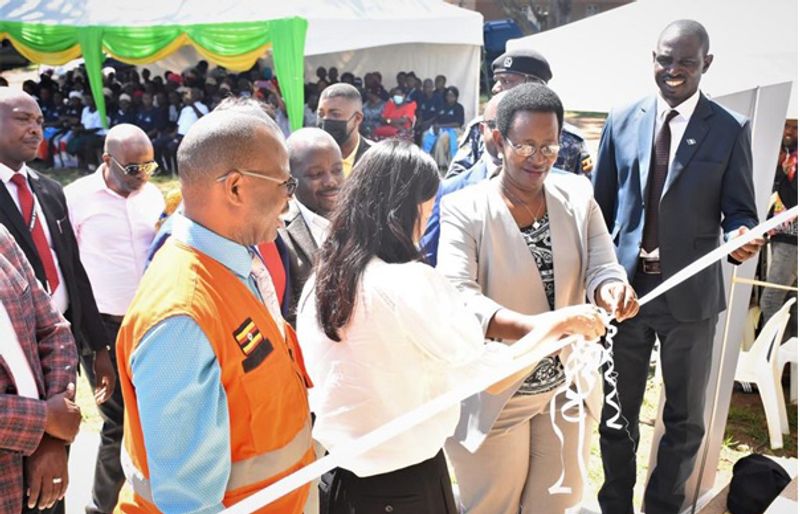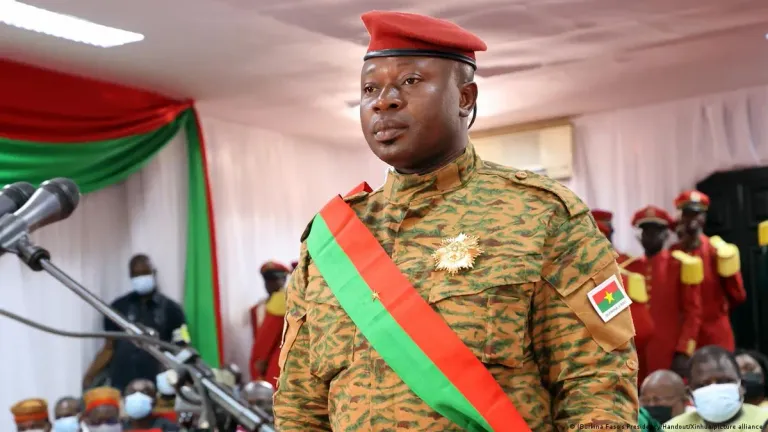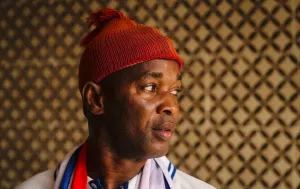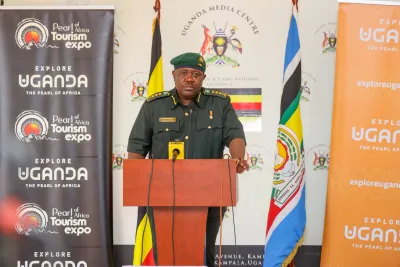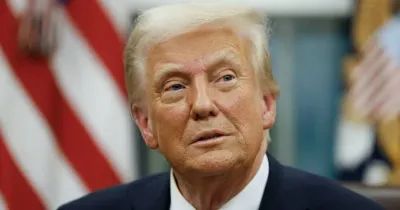Latest News
latest
- Kalungu East MP-Elect Yusuf Kiruuta Faces Court Over Alleged Stolen Curtains
- Bank of Uganda Warns Against Using Shilling Notes in Bouquets and Decorative Gifts
- Over 5.5 Million National ID Cards Still Uncollected in Uganda – NIRA
- MSC Disburses Shs660 Million to 33 Emyooga Saccos in Kassanda District
- Saudi Arabia Eases Alcohol Restrictions for Wealthy Foreign Residents
- Robert Kasibante Seeks Court Approval to Withdraw 2026 Presidential Election Petition
- Kampala Street Vendors Given Two-Week Ultimatum to Vacate Streets as KCCA Enforcement Set to Resume
- World Wildlife Day 2026 Launch in Uganda: Full Schedule, Theme and Major Activities Announced
- Museveni Appoints Richard Byarugaba and Moses Sabiti as Senior Presidential Advisors
- Uganda Set to Expand Exports After AGOA 2026 Reauthorization
- Video of Ugandans Fighting in Ukraine Shocks Citizens as Foreign Ministry Warns Against Recruitment
- Girma Wake Reportedly Considered for Uganda Airlines Executive Transition Leadership Role
EACOP Project Reaches 79% Completion as Construction Peaks in Uganda and Tanzania
'The East African Crude Oil Pipeline (EACOP) has reached 79 percent completion, with construction progressing rapidly in Uganda and Tanzania as the project advances toward commissioning in 2026.'







